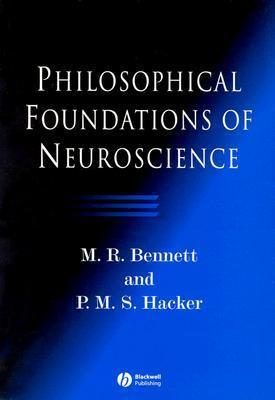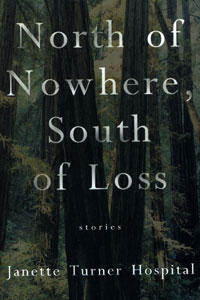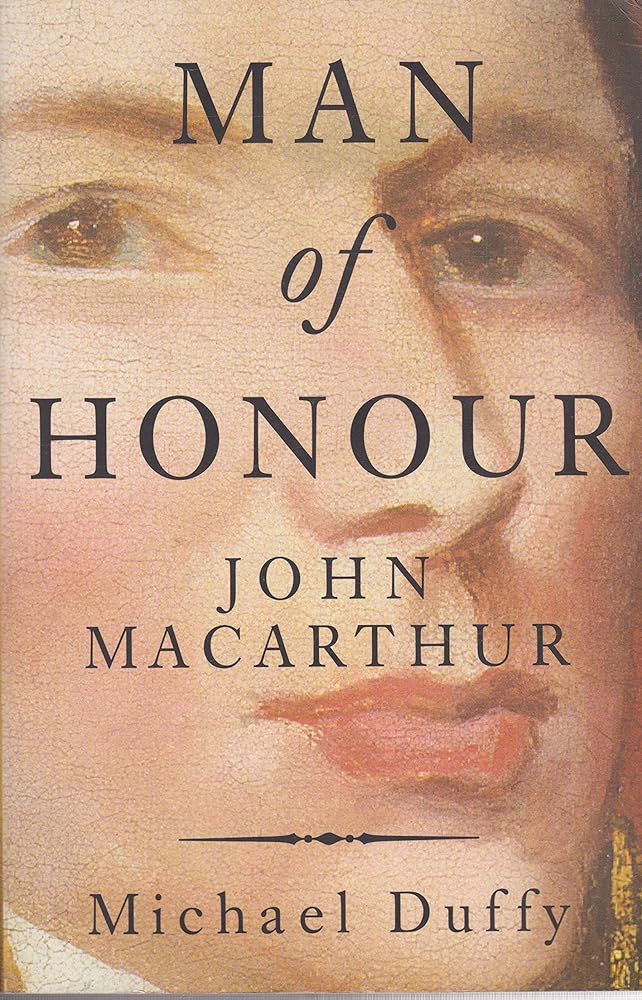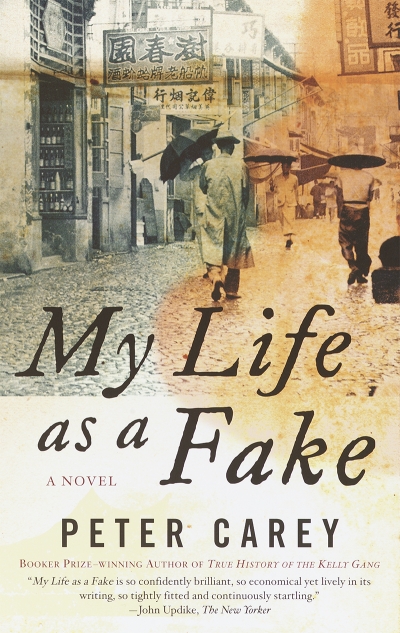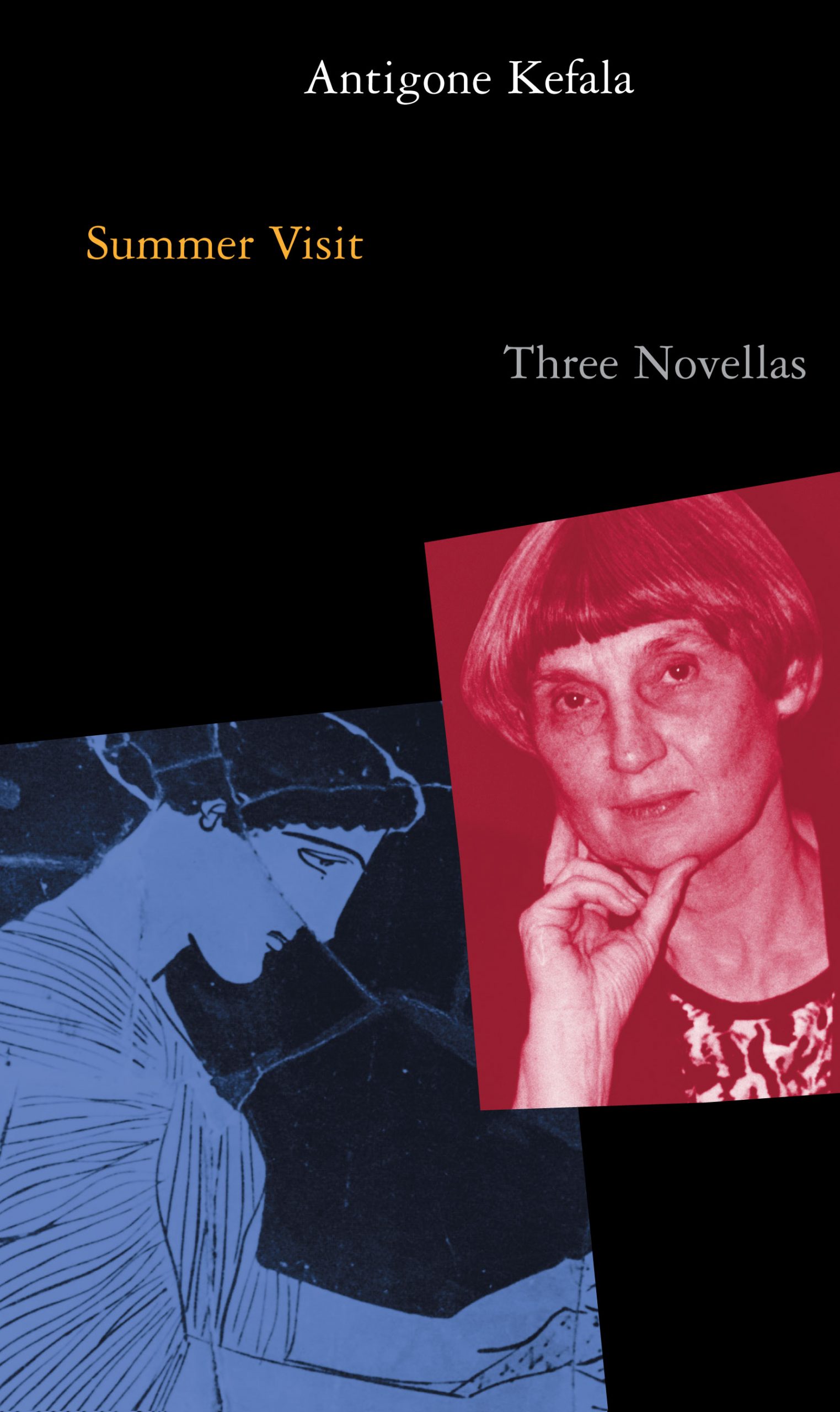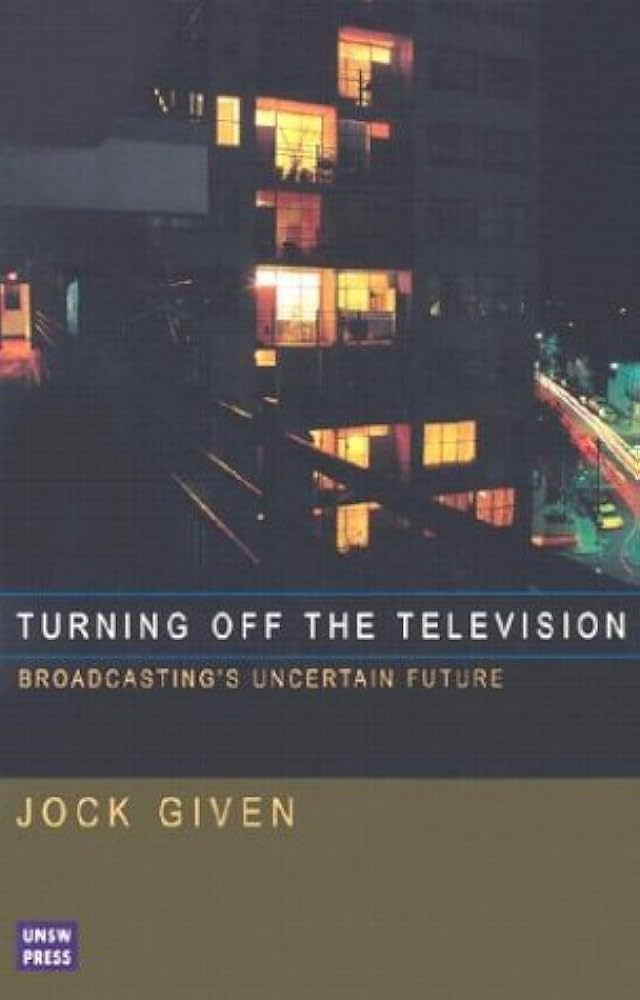Archive
Bowed from the supermarket, a week’s rations
jumbling the plastic, I saw in shadow
my dead father. He crept the pavement, burdened
as I am not by a lost country.
... (read more)Santamaria absolved
Dear Editor,
As one who was both active in the Labor Party at the time of The Split and also a Catholic, I agree with almost everything in Heather Nash’s review of The Pope’s Battalions (ABR, August 2003). But there are serious omissions.
The most important one is the reviewer’s neglect of a matter of history that is evident early in the book and that goes to the heart of the cause of The Split. This is the now proven fact that B.A. Santamaria aimed to control the ALP, secretly and from the outside, and to promote legislation through a Labor government in keeping with his own religious/political fantasies. Bemused, if not blinded, by his own enthusiasm and self-righteousness, Santamaria was confident that he would be able to do so. The Pope’s Battalions makes this clear, and provides firm evidence. This is not the first book to do so, but its early chapters also show how these less-than-realistic aims were the outcome of ideological theories of society that Santamaria absorbed from several different sources during his youth. They crystallised in his heart and mind, despite the impracticality of such dreams in the twentieth century, especially in Australia.
... (read more)Philosophical Foundations of Neuroscience by M.R. Bennett and P.M.S. Hacker
Man of Honour: John Macarthur – duellist, rebel, Founding Father by Michael Duffy
Summer Visit by Antigone Kefala & The Island/L’île/To Nisi by Antigone Kefala
Turning off the Television by Jock Given & Media mania by Hugh Mackay
Art is a strange posing of discoveries, a display of what was no more possible. For it is the task of the creative artist to come up with ideas which are ours, but which we haven’t thought yet. In some cases, it is also the artist’s role to slice Australia open and show it bizarrely different, quite new in its antiquity.
Half a century ago, Sidney Nolan did just this with his desert paintings and those of drought animal carcasses. I recall seeing some of these at the Peter Bray Gallery in 1953 and being bewildered by their aridity: a cruel dryness which made the familiar Ned Kelly paintings seem quite pastoral. Nor could I get a grip on his Durack Range, which the NGV had bought three years earlier. Its lack of human signs affronted my responses.
The furthest our littoral imaginations had gone toward what used to be called the Dead Heart was then to be found in Russell Drysdale’s inland New South Wales, Hans Heysen’s Flinders Ranges, and Albert Namatjira’s delicately picturesque MacDonnells. Nolan’s own vision was vastly different: different and vast. It offered new meanings and posed big new questions.
... (read more)At the outset, I acknowledge the traditional custodians on whose ancestral land Queensland’s first university stands.
It is now approaching eight years since I retired from the Bench. In the time since then, I have effectively ceased to be a lawyer. Consequently, I do not feel qualified to offer any really worthwhile professional advice to those of you who are setting out on legal careers.
The most I can do is to urge you to be true to your own personal principles and to the ethical standards which are essential to the proper practice and administration of law in this country. That having been said, I venture to share a few thoughts with you about the nation, which will be increasingly reliant on the leadership of people like yourselves as it passes through its third half-century.
... (read more)
